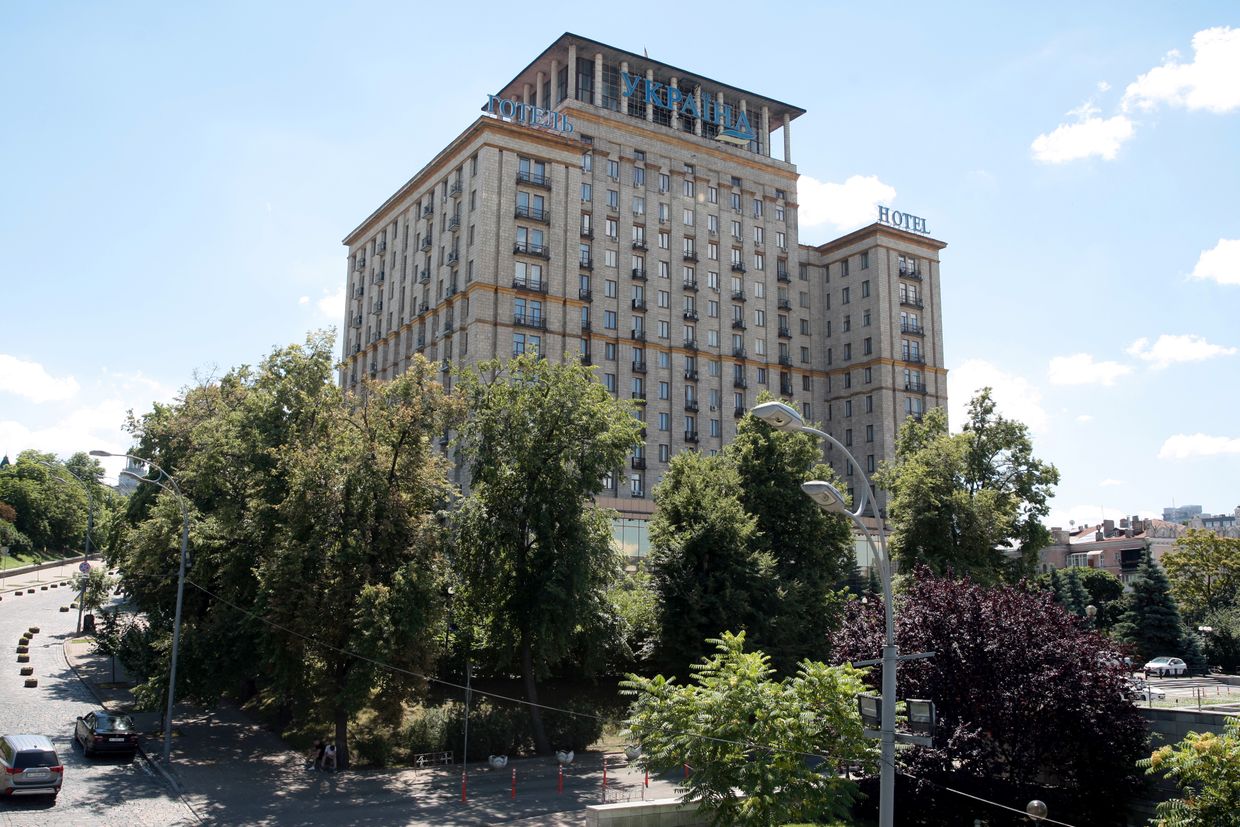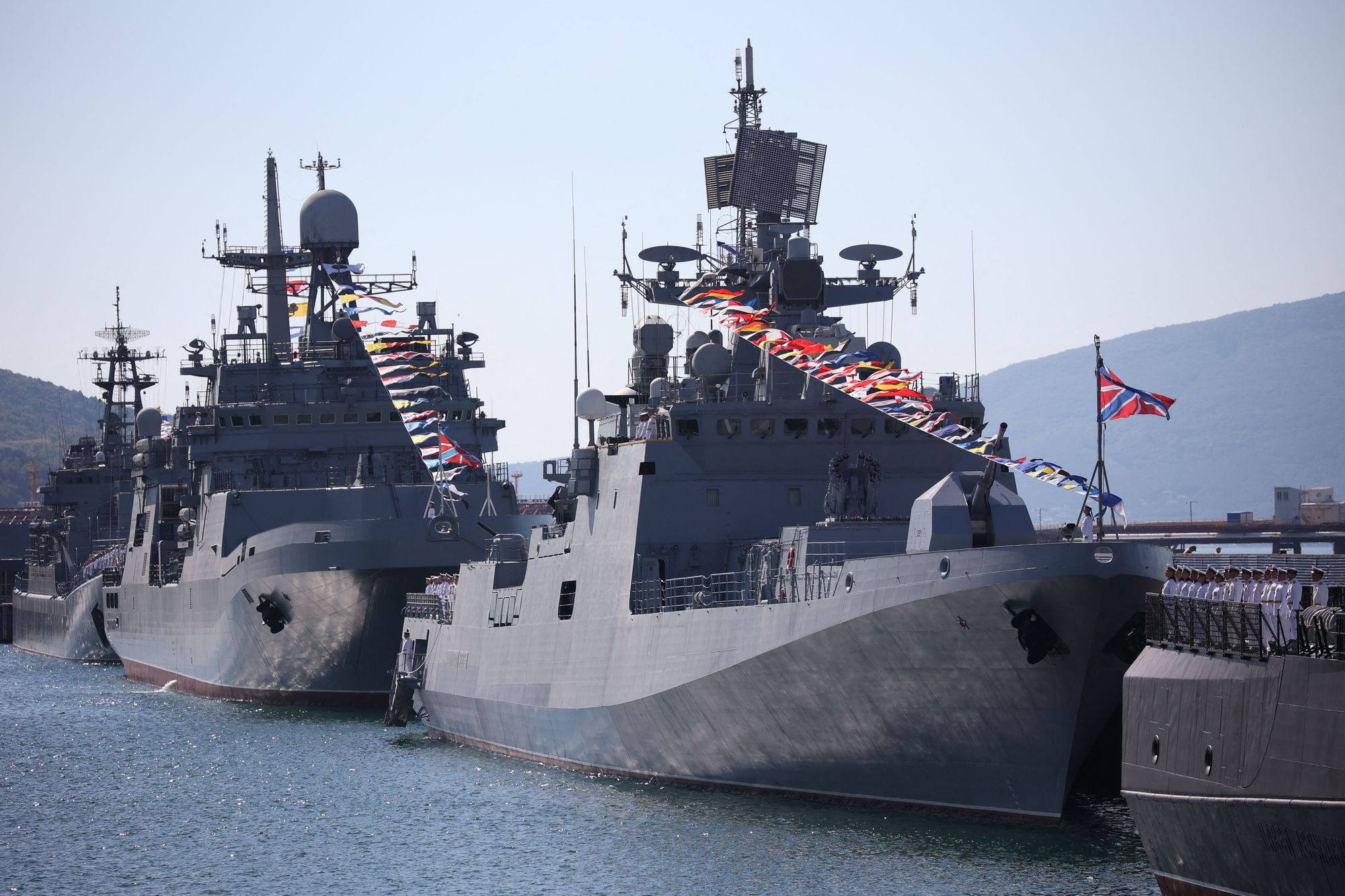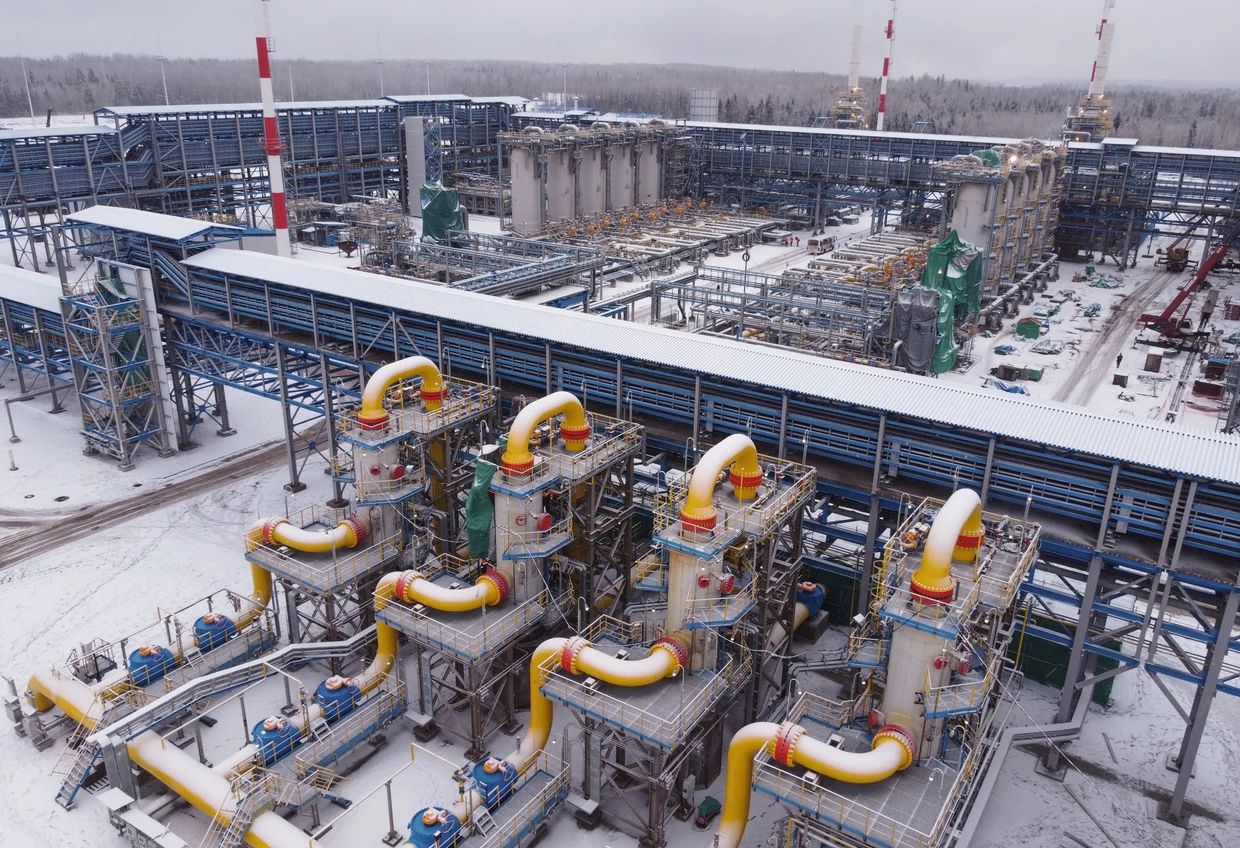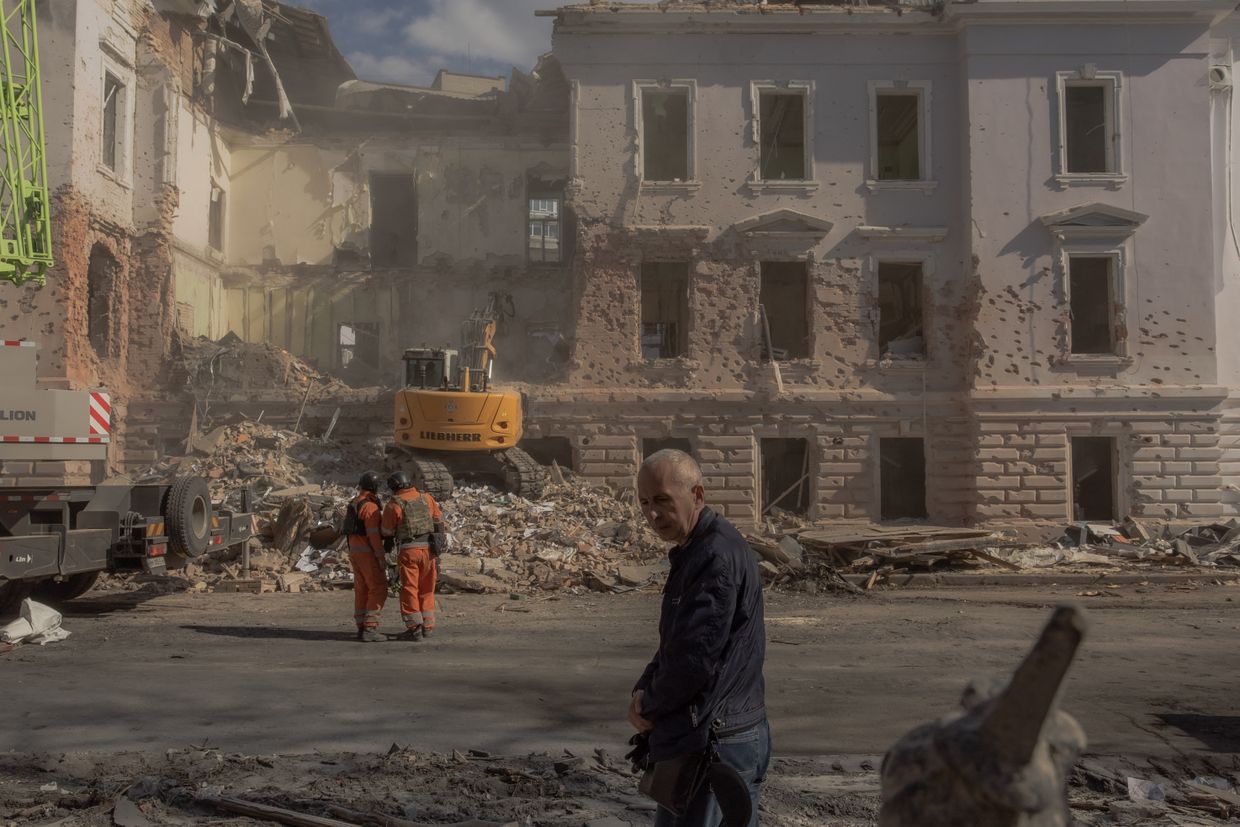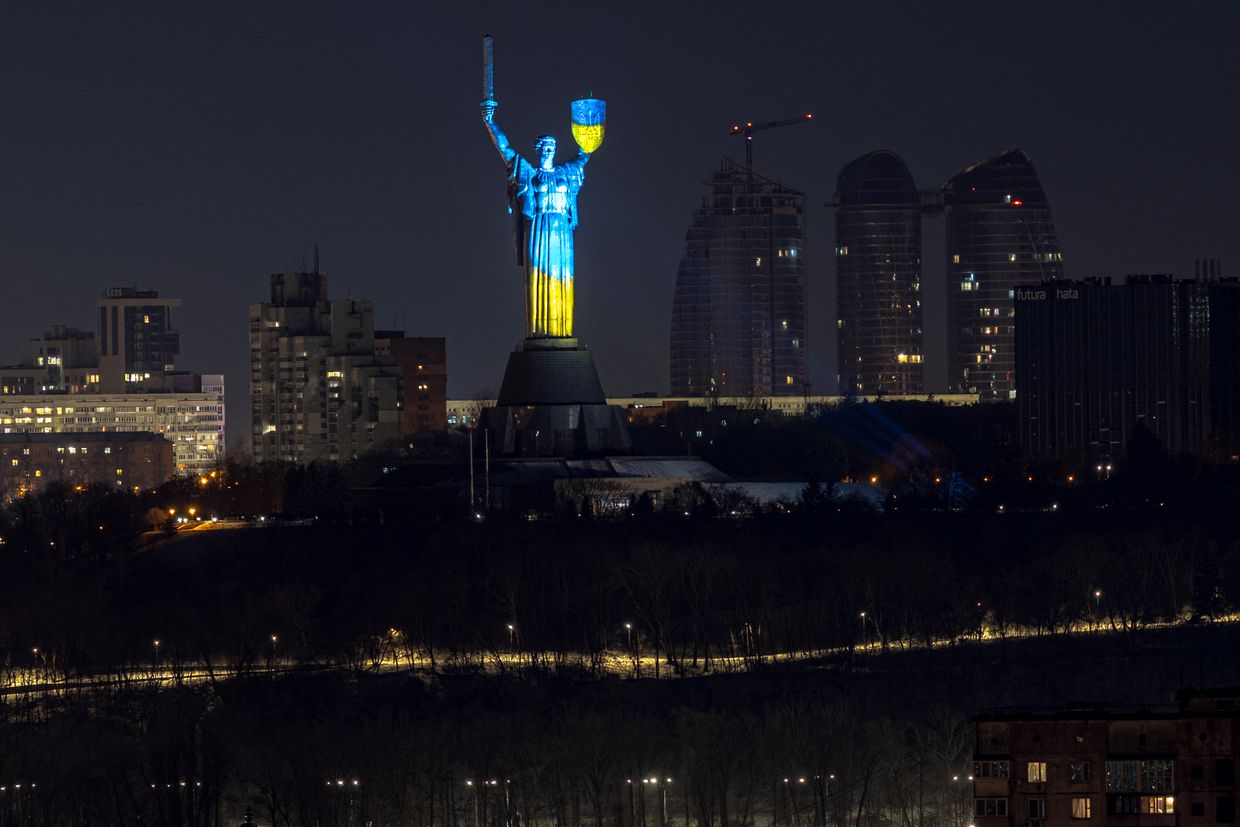The following is the Sept. 25, 2024 edition of our Ukraine Business Roundup weekly newsletter. To get the biggest news in business and tech from Ukraine directly in your inbox, subscribe here.
Kyiv’s iconic “Hotel Ukraina,” located on the city’s central Independence Square, also known as Maidan Nezalezhnosti, was sold in an auction for Hr 2.5 billion ($60 million) after being state-owned since its construction in 1961.
Why now? It may seem strange that such a large asset was privatized during a full-scale war. The auction is actually part of the government’s “Big Privatization” initiative to offload its long list of state-owned properties to raise money for the country’s wartime budget needs.
Privatization is a tricky subject in this part of the world. While it was supposed to facilitate a transition from a planned to a market economy in the wake of the USSR’s collapse, mass privatization in the 1990s did little else besides help a few oligarchs get really rich buying valuable state assets for really cheap.
Many major enterprises in the country never got privatized. In fact, the Ukrainian government is still the largest owner of assets in the country, with thousands of companies owned by the state. In 2020, the Economy Ministry put the number at 3,343.
The figure has undoubtedly only gotten larger during the full-scale invasion, as the state has nationalized some companies, many of which were owned by Russians or other sanctioned individuals.
The sale of Hotel Ukraina is one of the first large-scale privatizations in recent years, which seems like a win for the state’s privatization efforts.
The highest bidder? Little-known Ukrainian businessman Maksym Krippa, who seems to be on a bit of a shopping spree in Kyiv real estate these days. He partly owns the nearby Dnipro Hotel and in 2023, bought the Parus skyscraper in downtown Kyiv. He also owns a few, smaller business centers in the city.
In addition to real estate, Krippa is also the owner of the Ukrainian e-sports team Navi, as well as the well-known Stalker video game series. In a brief, written interview for Forbes Ukraine after the Hotel Ukraina bid, Krippa said his business interests also include IT.
Regarding the hotel, Krippa declined to divulge any details on how he plans to invest in the property — in need of serious capital to bring it into the modern age — but reassured Forbes that he and his team “have a plan on how to develop the facility.”
But Krippa also told Forbes that no renovations would start until the war is over and Ukraine is victorious. In other words, the property may have switched hands, but its development is likely still a distant prospect.
Tax hikes and customs reform
“I don't even know what to say. This is a nightmare. This will hit the white business hard,” Tatyana Izovit, chairman of the board of the Ukrainian Association of enterprises of textile & leather industry, told told Liga.net, referring to the recent tax increase passed in the first reading by Ukraine’s parliament.
If you’ve been following our reporting on the Ukrainian government’s moves to raise taxes — the first time since the start of the full-scale war — you’ve likely seen that businesses in Ukraine feel the increase is totally unfair.
In their view, the government should go after illegal businesses and goods that cause billions of dollars of losses in unpaid taxes to the state instead of tax-paying individuals and businesses, known as white businesses in Ukraine. A lot of these losses are often the result of corruption schemes in customs.
But the war is raging and Ukraine needs to bring more money to the budget. Raising taxes is one way to do that — and good news is, the president will soon sign a new customs reform bill into law. It will likely take years, and a lot of work, for those reforms to really take effect, but it’s a step in the right direction.
Read more about the tax hike here, and a column by the German Marshall Fund on custom reforms here.
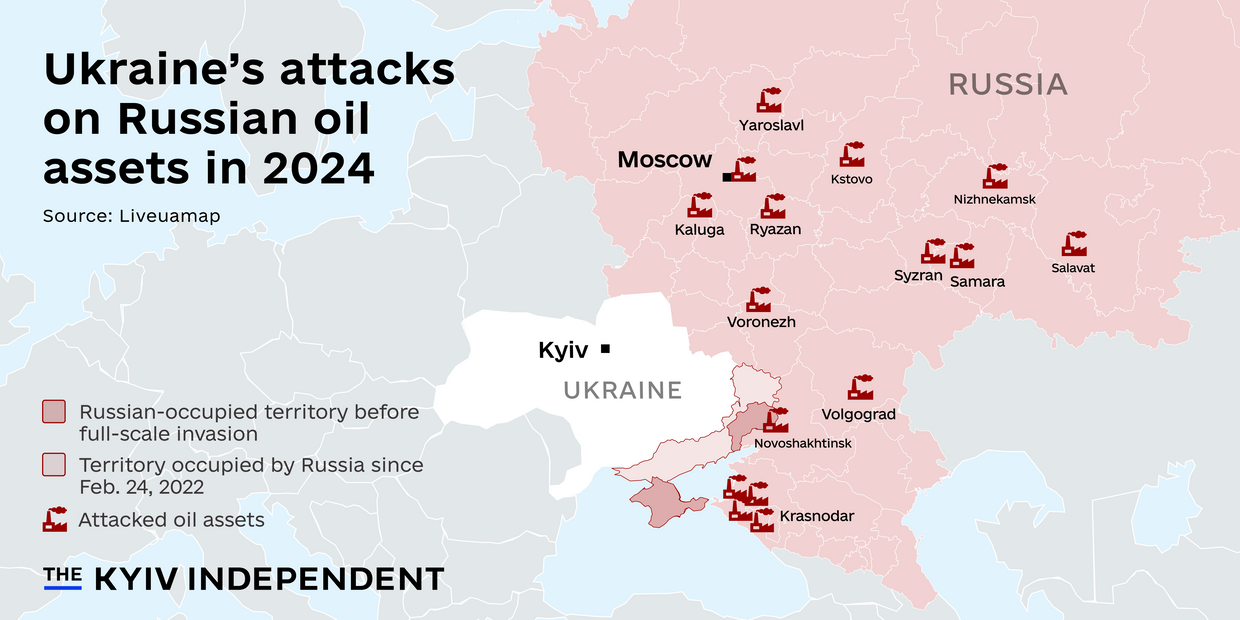
Ukrainian drones take aim at Russia’s energy sector
While Russian missiles and drones attempt to cripple Ukraine’s economy and will by targeting its vital energy system, Ukraine’s military is hitting back with its own attacks on Russia’s oil refining capabilities.
Since the start of the year, Ukrainian drones have hit around 33 oil assets, mostly refineries, in Russia, OSINT group Liveuamap told the Kyiv Independent.
The viral videos of drones slamming into refineries have boosted morale in Ukraine and undermined the Kremlin. But the tangible impact may not be as great as Ukraine initially hoped.
Read more about the attacks here.

The Profile: Respeecher
Alex Serdiuk, CEO of Kyiv-based AI voice company Respeecher, knew the company was onto a winner when no one noticed that the voice of veteran Star Wars actor Mark Hamill had been altered to sound younger in Disney’s hit show “The Mandalorian.”
Respeecher had used decades-old footage to clone a young Hamill’s voice and make it sound like the now 72-year-old Hollywood star had just stepped into the studio to record his lines.
“That was a huge confirmation that we are doing an amazing job. If you don’t hear a synthetic (voice), it means Respeecher did our job right,” Serdiuk told the Kyiv Independent on the rooftop of Respeecher’s downtown Kyiv office.
Since its founding in 2018, Respeecher has attracted over $4 million in investments, and has become the go-to for Hollywood studios with over 300 clients including Sony, Netflix, and Warner Bros. It’s also won awards for its contributions to the new AI voice market, including six Emmys.
Read the full profile here.
What else is happening
ArcelorMittal forced to reduce production, projected growth
Ukraine’s largest steel plant, located in the city of Kryvyi Rih, said that it is facing reduced levels of production and has lowered its forecast, citing a drop in global prices for iron ore, slowing steel markets in Europe, and the high cost of electricity in Ukraine, as well as frequent blackouts brought on by Russian attacks.
Europe too 'reticent' in energy support for Ukraine ahead of winter, IEA chief says
Ukraine's electricity shortage could reach 6 gigawatts this winter, about one-third of the expected peak demand, International Energy Agency head Fatih Birol told FT. "It's time for everybody to understand that this winter could be consequential in Ukraine," Birol said. In other news, the EU plans to help cover 25% of Ukraine's energy needs this winter.
Zelensky reportedly meets energy firms at Bank of America to discuss Ukraine’s energy needs
The Sept. 23 meeting at the bank’s headquarters in New York reportedly included its president of international operations Bernard Mensah, Bloomberg reported, citing unnamed sources familiar with the matter.
EU's von der Leyen announces up to 35 billion euro loan to Ukraine as part of G7 pledge
Speaking alongside European Commission President Ursula von der Leyen during a joint press conference, President Volodymyr Zelensky said the 35 billion euros would be used for energy needs, bomb shelters, and defense purposes.
Bulgaria to ask EU to suspend egg imports from Ukraine
Agriculture Minister Georgi Takhov said on Sept. 19 that Bulgarian producers are facing difficulties due to the growth of imports from Ukraine, hindering competition in the domestic market.




